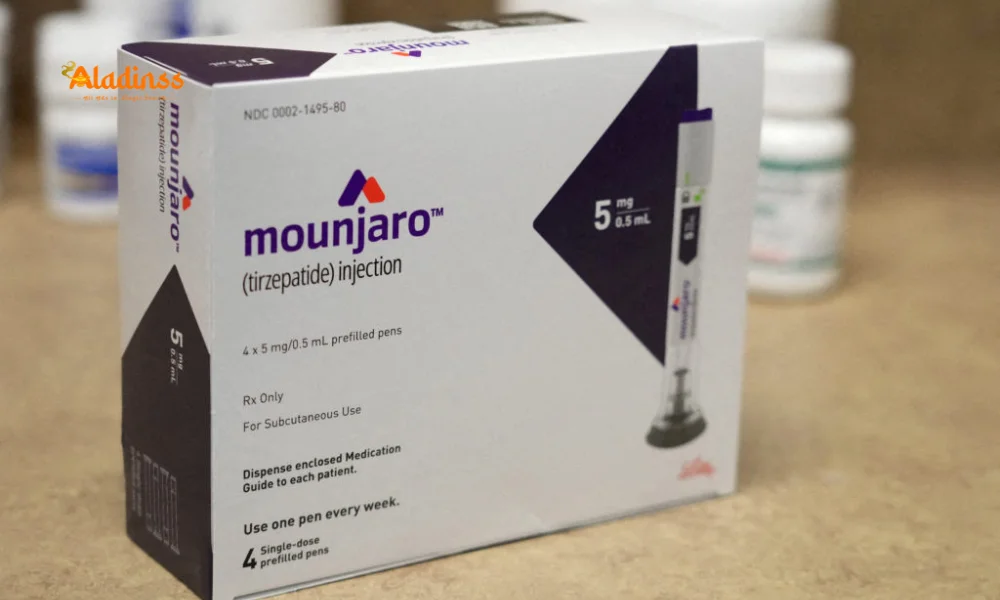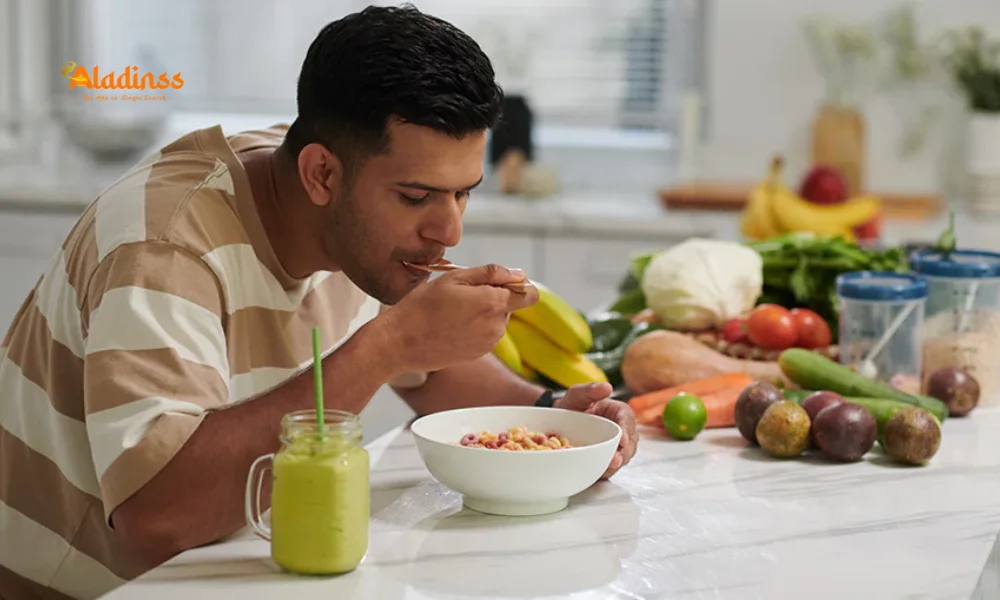NHS Surgeon Reveals 4 Foods to Slash Colon Cancer Risk
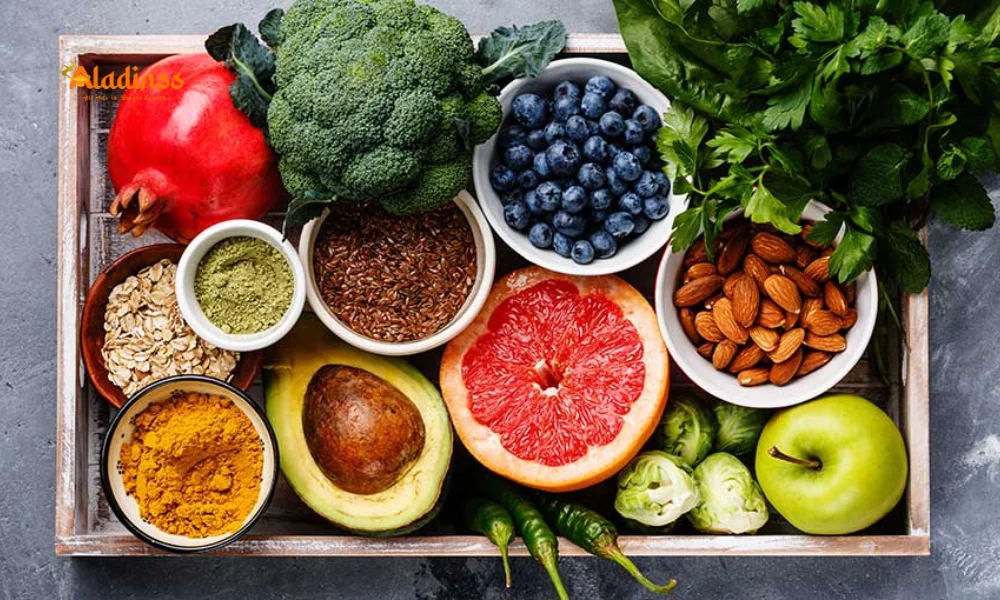
NHS Surgeon Reveals 4 Foods to Slash Colon Cancer Risk
With colon cancer rates rising globally, as reported by the American Cancer Society, experts are urging people to rethink their dietary habits. Lifestyle factors, particularly diet, play a critical role in preventing this increasingly common disease. Simple, nutrient-packed foods can protect the gut, reduce precancerous growths like polyps, and lower colorectal cancer risk. Dr. Karan Rajan, a UK-based NHS surgeon and health educator, has shared four everyday foods—rich in probiotics, prebiotics, calcium, fiber, and polyphenols—that can significantly cut colon cancer risk. These foods are easy to incorporate into daily meals, offering a practical approach to gut health and cancer prevention.
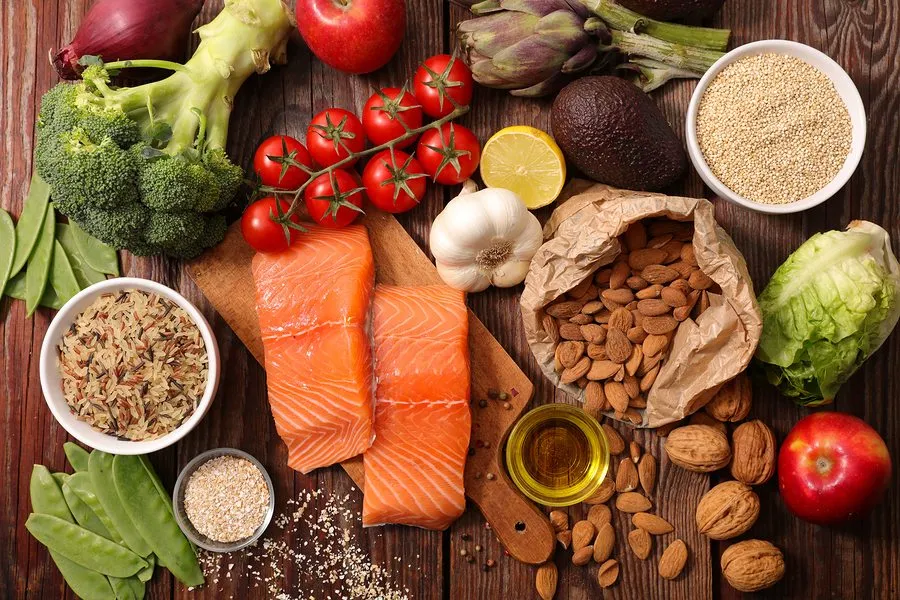
The Rising Threat of Colon Cancer
Colon cancer is among the most prevalent cancers worldwide, with a noticeable uptick in cases, particularly among younger populations. Poor dietary choices, such as high consumption of processed red meats and low fiber intake, are known risk factors. However, research shows that a diet rich in protective nutrients can counteract these risks. Dr. Rajan’s recommendations focus on accessible foods that promote a healthy gut microbiome, reduce inflammation, and protect against cellular damage, all of which are crucial for lowering colon cancer risk.
Probiotics: Yoghurt for a Healthy Gut
Yoghurt, whether dairy or plant-based, is a powerhouse of probiotics and calcium, making it a top choice for gut health. Dr. Rajan explains, “Every additional 300 mg of calcium consumed daily is linked to an 8% lower risk of colon cancer.” Studies also suggest that eating two servings of yoghurt per week can reduce the formation of precancerous polyps in the gut. These small growths, if undetected, can develop into cancer over time. Adding yoghurt to your breakfast, smoothies, or snacks is an easy way to boost your intake of probiotics and calcium, supporting a healthier colon.
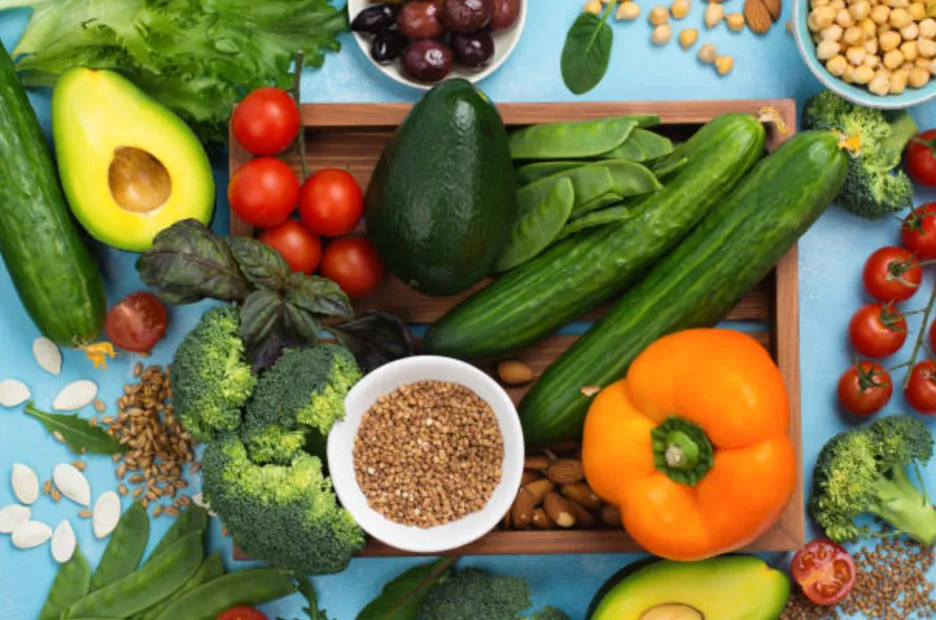
Prebiotics: Berries for Gut Bacteria
Berries, such as blueberries, strawberries, and raspberries, are rich in prebiotic fiber, which feeds beneficial gut bacteria. Dr. Rajan highlights their role in creating a “natural symbiotic effect” when paired with probiotic-rich yoghurt. Prebiotics are unique because they produce protective metabolites in the colon, which are linked to a reduced risk of colon cancer. These metabolites help maintain a balanced gut microbiome, crucial for preventing inflammation and cellular damage. Incorporating a cup of berries into your daily diet can significantly enhance gut health and lower cancer risk.
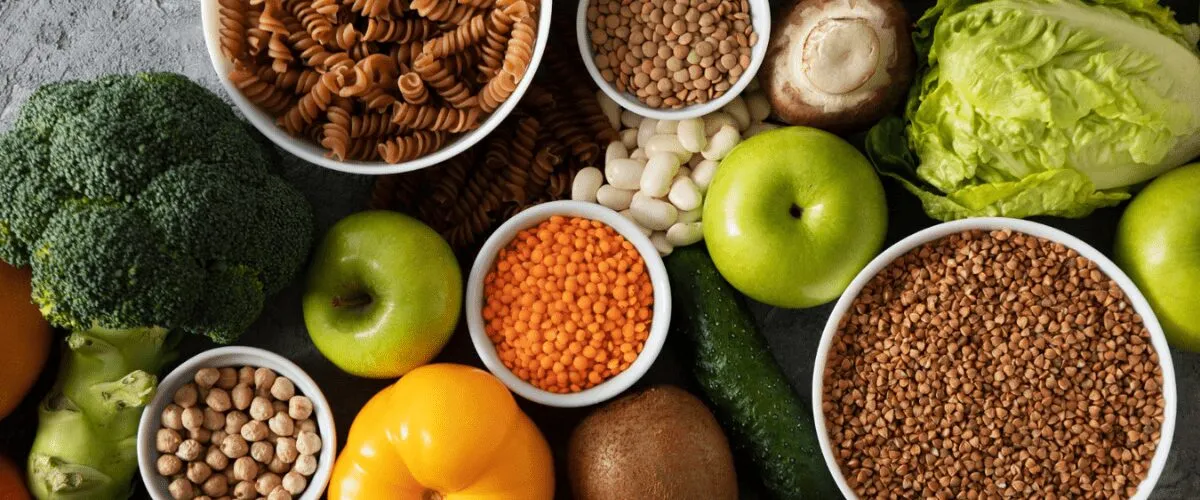
Fiber: Beans to Boost Protection
Fiber is a critical component in colon cancer prevention, yet most people don’t meet their daily fiber goals. Dr. Rajan notes that just 10 extra grams of fiber daily—equivalent to half an avocado and a cup of mixed berries—can lower colon cancer risk by 10%. He recommends adding beans to meals, even breakfast, to boost fiber intake. This is especially beneficial for those who consume processed red meats, which are linked to higher cancer risk. Beans, whole grains, fruits, and vegetables promote regular bowel movements and reduce the time harmful substances spend in the colon.
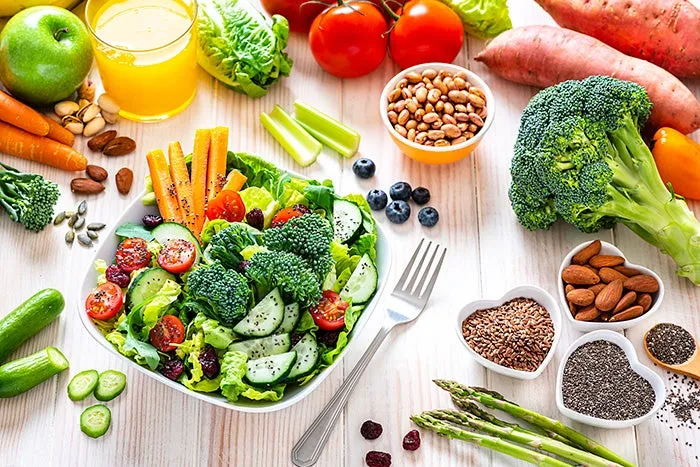
Polyphenols: Black Coffee’s Protective Power
Black coffee, whether caffeinated or decaf, is a surprising ally in colon cancer prevention. Rich in polyphenols and prebiotic fibers, coffee protects colon cells from DNA damage. Dr. Rajan cites studies showing that high coffee intake is associated with a 15 to 21% lower risk of colon cancer compared to non-drinkers. Polyphenols act as antioxidants, reducing inflammation and oxidative stress in the gut. Adding one or two cups of black coffee to your daily routine is a simple way to harness these protective benefits while enjoying a familiar beverage.
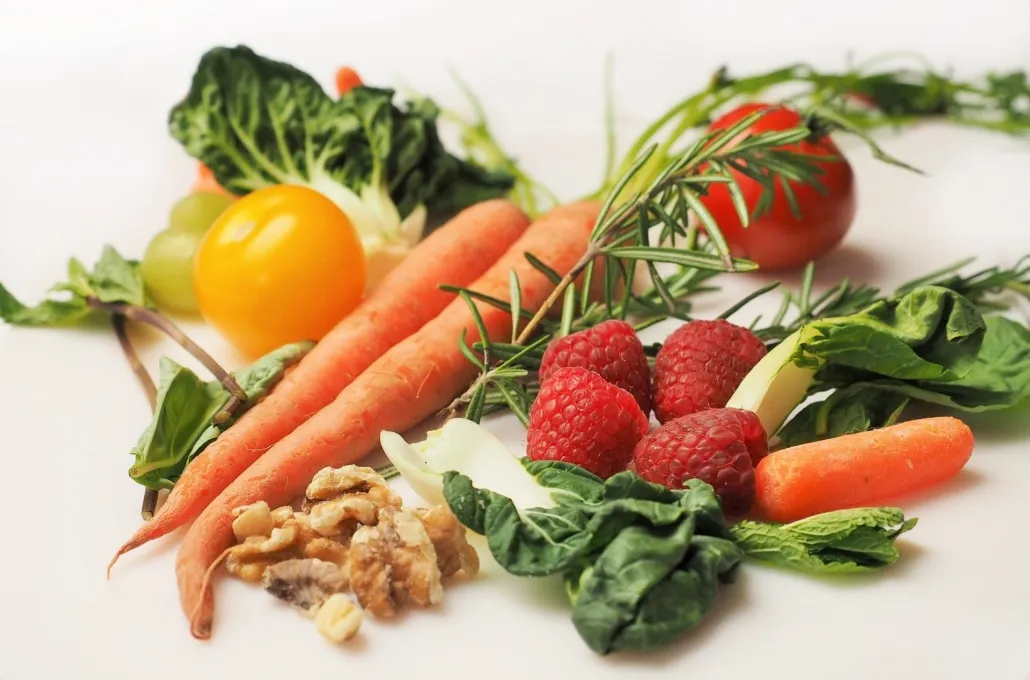
How These Foods Work Together
Dr. Rajan’s recommended foods—yoghurt, berries, beans, and black coffee—form a synergistic approach to colon cancer prevention. Probiotics and prebiotics foster a healthy gut microbiome, producing short-chain fatty acids that protect colon cells. Fiber promotes efficient digestion, reducing exposure to harmful substances. Calcium binds to bile acids, neutralizing their potential to cause harm, while polyphenols combat oxidative stress. Together, these nutrients create a gut-friendly environment that discourages precancerous changes, making them a powerful tool for long-term health.
Practical Ways to Incorporate These Foods
Adopting these foods into your diet doesn’t require a major overhaul. Start by adding a serving of yoghurt with berries to your breakfast or as a snack. Include beans in salads, soups, or as a side dish to increase fiber intake. Replace sugary drinks with black coffee to gain polyphenol benefits. Diversify your diet with other fiber-rich foods like whole grains, nuts, and vegetables to maximize protection. These small, sustainable changes can lead to significant health benefits over time, reducing your colon cancer risk while improving overall well-being.
The Science Behind Diet and Colon Cancer
Research consistently supports the link between diet and colon cancer prevention. High-fiber diets reduce the time harmful substances spend in the colon, lowering cancer risk. Probiotics and prebiotics promote a balanced microbiome, producing protective compounds. Calcium neutralizes harmful bile acids, while polyphenols act as antioxidants, protecting cells from damage. Dr. Rajan’s recommendations are grounded in this science, offering a practical, evidence-based approach to reducing colon cancer risk through diet. These foods are not only protective but also widely available and affordable.
Additional Steps for Prevention
While diet is a powerful tool, it’s just one part of colon cancer prevention. Regular screenings, such as colonoscopies, are essential for early detection of precancerous polyps. Maintaining a healthy weight, exercising regularly, and avoiding smoking or excessive alcohol consumption further reduce risk. Combining Dr. Rajan’s dietary recommendations with these lifestyle changes creates a comprehensive strategy for colon health. By taking proactive steps, you can significantly lower your risk of developing this increasingly common disease.
Comment / Reply From
No comments yet. Be the first to comment!

